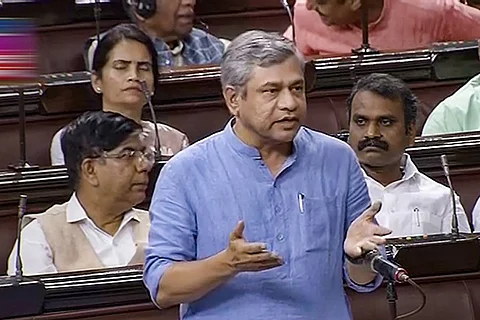

The Rajya Sabha on Wednesday, August 9, passed the Digital Personal Data Protection Bill, 2023, two days after the Lok Sabha cleared it. The Bill now awaits President Droupadi Murmu's assent before it becomes India’s first data protection law. In the Lok Sabha, many MPs raised some serious concerns with the Bill, from the sweeping powers it gives the government to access personal data to the absence of strong safeguards of the right to data portability or right to be forgotten, its potential adverse impact on press freedom, and the dilution of the Right to Information (RTI) Act.
Once the Digital Personal Data Protection Bill was passed after an hour-long discussion in the Lok Sabha on Monday, the Congress-led Opposition staged a walkout. During an almost hour-long discussion on the Bill, in which eight MPs across parties participated, concerns were raised about the lack of an independent regulator, with Biju Janata Dal MP Bhartruhari Mahtab saying that the Bill was more about data processing rather than data protection.
The Bill also mandates that India have its data protection regulator in the form of a Data Protection Board, whose chairperson and members will be appointed by the Union government.
Apart from that, the Bill also has provisions that give wide exemptions to the government. The proposed law says its provisions will not apply to any government or private data storing or processing entity notified by the Union government.